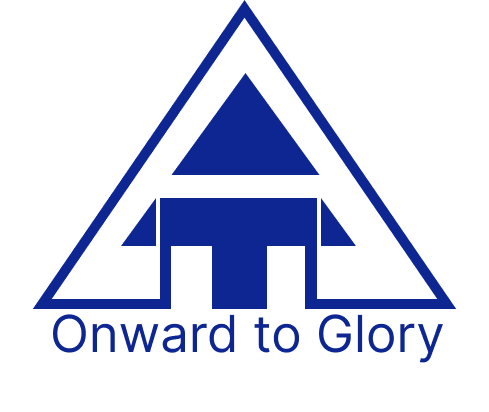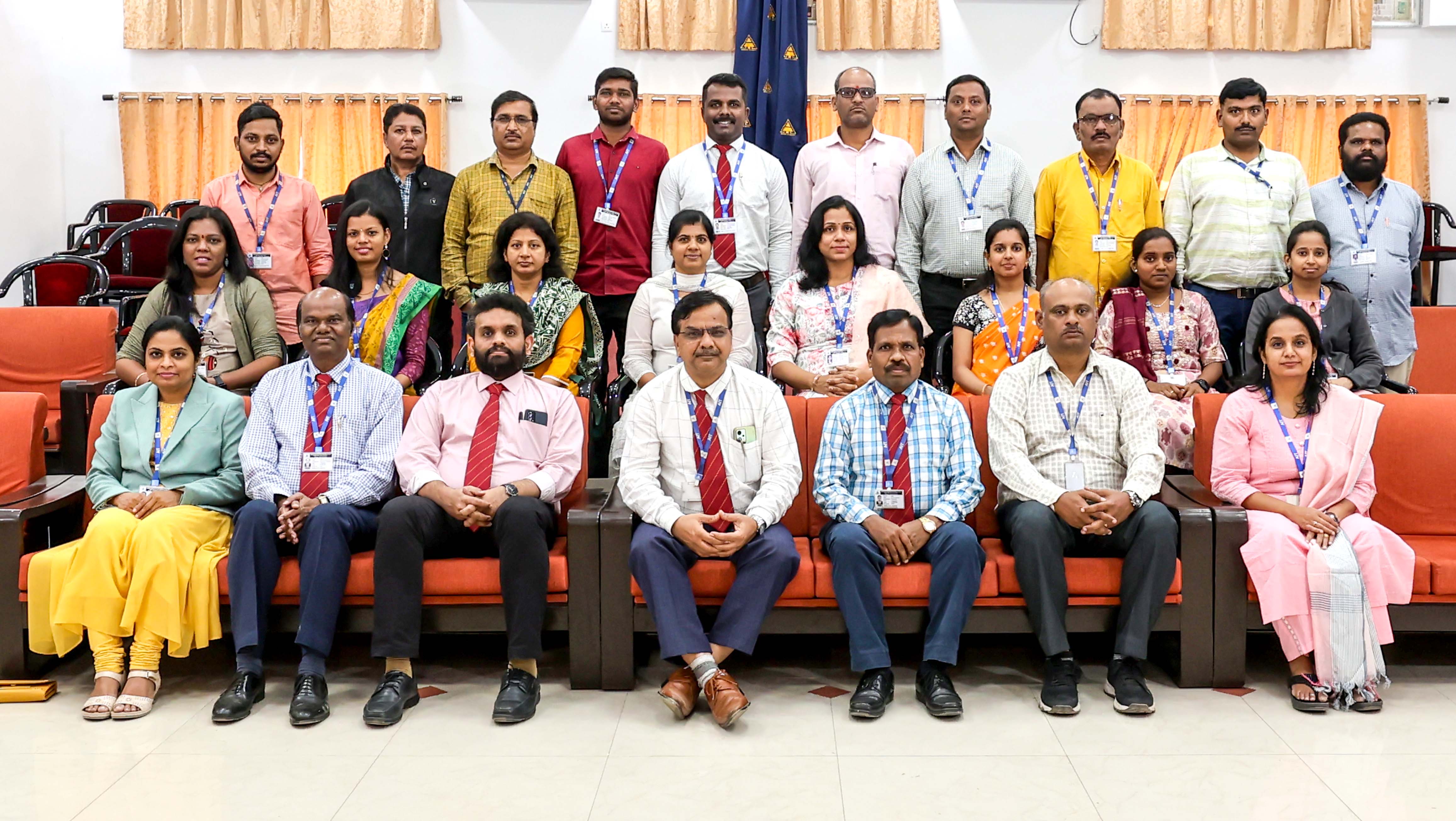The Program Educational Objectives (PEOs)
PEO1 : To have high level of technical competency combined with research and problem-solving skills to generate innovative solutions in computer engineering or related areas.
PEO2: To be able to communicate with various stakeholders and be able to practice their profession with high regard to social needs and diversity at their professional workplace.
PEO3: To continuously upgrade in sync with the pace of technologies that are relevant to their career, participate in personal development and increasing their understanding of matters that are important to society at national and international levels.
Program Outcomes (POs)
1. Engineering knowledge: Apply the knowledge of mathematics, science, engineering fundamentals, and an engineering specialization to the solution of complex engineering problems.
2. Problem analysis: Identify, formulate, review research literature, and analyze complex engineering problems reaching substantiated conclusions using first principles of mathematics, natural sciences, and engineering sciences.
3. Design/development of solutions: Design solutions for complex engineering problems and design system components or processes that meet the specified needs with appropriate consideration for the public health and safety, and the cultural, societal, and environmental considerations.
4. Conduct investigations of complex problems: Use research-based knowledge and research methods including design of experiments, analysis and interpretation of data, and synthesis of the information to provide valid conclusions.
5. Modern tool usage: Create, select, and apply appropriate techniques, resources, and modern engineering and IT tools including prediction and modeling to complex engineering activities with an understanding of the limitations.
6. The engineer and society: Apply reasoning informed by the contextual knowledge to assess societal, health, safety, legal and cultural issues and the consequent responsibilities relevant to the professional engineering practice.
7. Environment and sustainability: Understand the impact of the professional engineering solutions in societal and environmental contexts, and demonstrate the knowledge of, and need for sustainable development.
8. Ethics: Apply ethical principles and commit to professional ethics and responsibilities and norms of the engineering practice.
9. Individual and team work: Function effectively as an individual, and as a member or leader in diverse teams, and in multidisciplinary settings.
10. Communication: Communicate effectively on complex engineering activities with the engineering community and with society at large, such as, being able to comprehend and write effective reports and design documentation, make effective presentations, and give and receive clear instructions.
11. Project management and finance: Demonstrate knowledge and understanding of the engineering and management principles and apply these to one's own work, as a member and leader in a team, to manage projects and in multidisciplinary environments.
12. Life-long learning: Recognize the need for, and have the preparation and ability to engage in independent and life-long learning in the broadest context of technological change.
Program Specific Outcomes (PSO's)
PSO1: Ability to select and apply appropriate hardware and software tools to solve problems that require enhanced programming skills
PSO2: Ability to develop IOT and cloud-based solutions for emerging societal problems
PSO3: Ability to learn and apply industry 4.0 standards for solving industrial problems
Salient Features
1. Department has been accredited by NBA till June 2025.
2. Received various research grants from different funding agencies, recently received research of Rs. 7 Cr from central government
3. Established following campus wide Network base infrastructure
- Unified Wi-Fi Environment
- Central Server Room
- Maintenance Room for Wi-Fi and systems
Technical Clubs
- Augmented And Virtual Reality Club
- Open-Source Software Club
- Competitive Coding Club
- Information Security Data Forensic Club
- AI/ ML/ DS Club
Faculty Contribution
- Major contribution of faculty towards redesigning in curriculum of University of Pune by attending SE &TE Syllabus Implementation workshops.All senior faculty members have contributed to curriculum development
- All Senior faculty members have contributed in curriculum development.
- 5 faculty members are completed their PhD and 14 faculty members are registered for PhD
- Faculty have published 18 research papers and 4 patents in AY 2022-23
- Participation in workshops, seminars, conferences, and Faculty Development Program
- Each faculty member works as counsellor for a group of 15 to 20 students
Infrastructure
- Laboratories and classroom are equipped with up-to-date hardware, software, and Wi-Fi facility.
- Departmental Library and conference room
- R& D Project laboratory for final year students
- E-Classroom to facilitate online teaching
Events
- Conducted workshops on 'Project Based Learning' for SE and TE students
- Department is conducting yearly National level hackathon since 2015 under OSS Club
- Department had organized AICTE sponsored Two-week short term training program 'Blockchain Technology' in one phases from 10th Nov 2022 to 21st Nov 2022
- Conducted workshop on “Web Technology & Cloud Computing” For TE Students
- Value added courses for SE & TE students are conducted every year as per the need to student for career development.
Achievements
- Department of Computer Engineering got NBA accreditation till 2025.
- Received research grant of Rs.7 Cr from central government.
- Faculty have published 40 research papers and 8 patents since July 2019.
- Ms. Sawgatika Sahoo (BE Comp) received the award of COAS best all-around student.
- Rajput Regiment trophy for best innovation is received by Akshay Sharma (BE Comp).
- Ms. Amtul Maswara (BE Comp) received the G Rajshekhar Memorial Trophy (Best sport person).
- Arjun Dashrath (SE Comp) won the Best Research Paper Award.
- Devesh Joshi, student of 2022 batch has been selected in Amazon, Dublin with CTC of Rs. 1 Cr.
Laboratories and Software
- The department is equipped with state of art, ultra-modern and sophisticated programming labs and classrooms with Internet facility.
- The department has a well-established LAN of 150 Machines.The ambience and the ergonomic design of the labs enhance students' appetite for acquiring programming skills.
- The internet facility with 1 Gbps from national knowledge network (NKN), 500 Mbps from Tata Communication & 500 Mbps from PGCL
- All modern software tools are available in the Laboratory for Experiments
The department has following laboratories:
- CSL Lab I & CSL Lab II equipped with 60 PCs used for programming in C, C++, and Visual Studio, Python, and cloud computing setup
- CSL Lab III equipped with 25 PCs with 2 server used for .NET, Networking Labs, Digital Signal Processing Lab
- CSL Lab IV equipped with 20 PCs used for FE and SE students
- CSL Lab V equipped with 20 PCs used for FE and SE students
- CSL lab VI equipped with 20 PCs used for ME students
- Texas Lab consist kits of BeagleBone Black to perform mini-projects on embedded system etc
- Computer Hardware Lab equipped with IOT Devices with ESP8266 Wi-Fi MCU Kit and 23 PCs
All systems are dual boot. An ultra-modern class-rooms equipped with video projection systems and computer caters for conventional as well as e-learning needs.
Software
- Open-Source software’s (java, python, g++ etc.…)
- Microsoft Windows 8 and Windows 10
- Microsoft Project
- Microsoft Office 2013
- Code Blocks
- Visual Studio
- Oracle 11g
- Sift/ Caine
- VMWare
- Masm/ Nasm
- Mongo DB/ MySQL
- QT framework
- Wireshark/Ethereal and Packet Tracer
- Raspberry Pi/Arduino Programming
- Unity, C#, Blender
Student Centric Activities
- Value added courses on Python, Java, Open GL, .NET etc.
- Mini projects on Android Application Development, Embedded System
- Workshop on Web Technology & Cloud Computing
- Project Lifecycle Management Workshop
- Guest Lecture on Operating System
- Hackathon Participation
- Information Security and Digital Forensics (ISDF) workshop
- Blockchain & Its Application Workhop
Result & Placement
- Consistently good result
- In terms of placement, IT students have a wide scope of opportunities in various companies like Microsoft, Infosys, Calsoft, Persistent, IBM, Wipro, Canbay, L & T Infotech, TATA Consultancy Services, etc.
- Average salary of 18.00 lacs in year 2022-23
MOUs
- Fortywo42 Technology Innovations Pvt. Ltd for research project, internship.
- Microsoft MSDN volume license for Academic school collage agreement.
- Copper cloud for IOT
- Cyber Peace India Pvt Ltd.
- Esec forte Technologies


